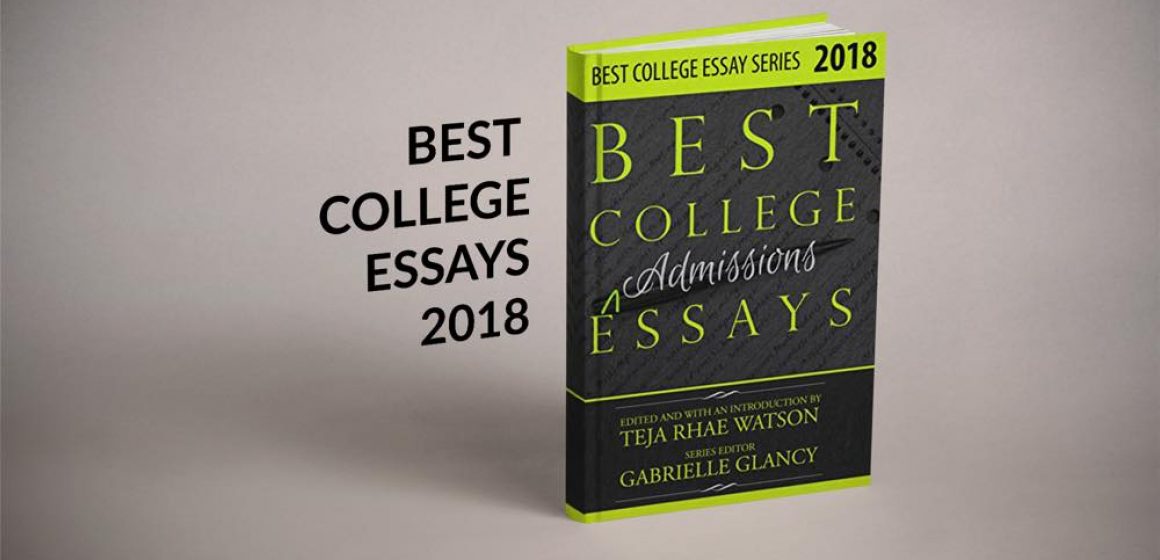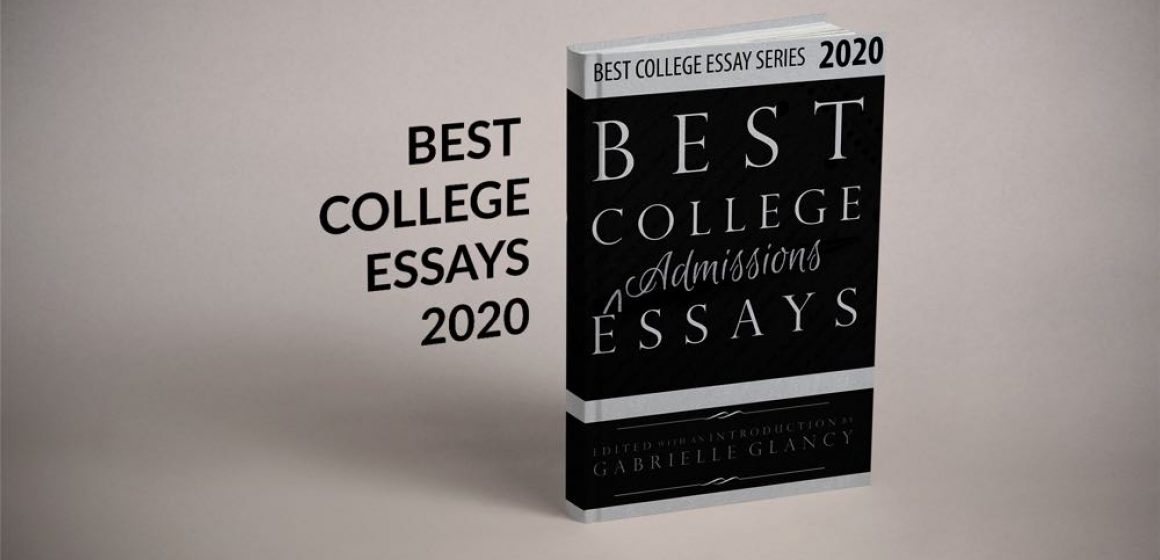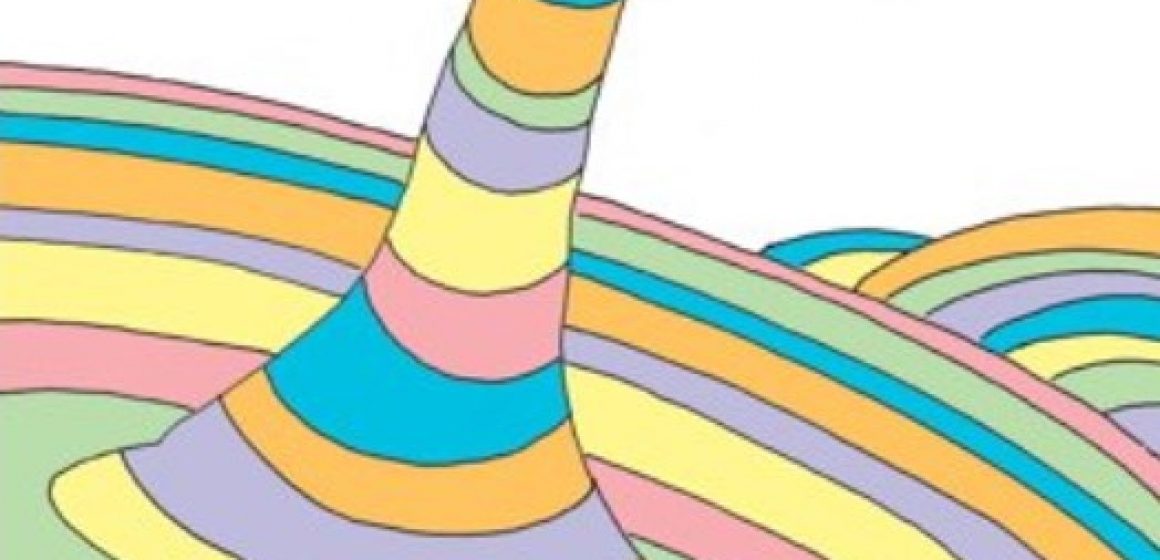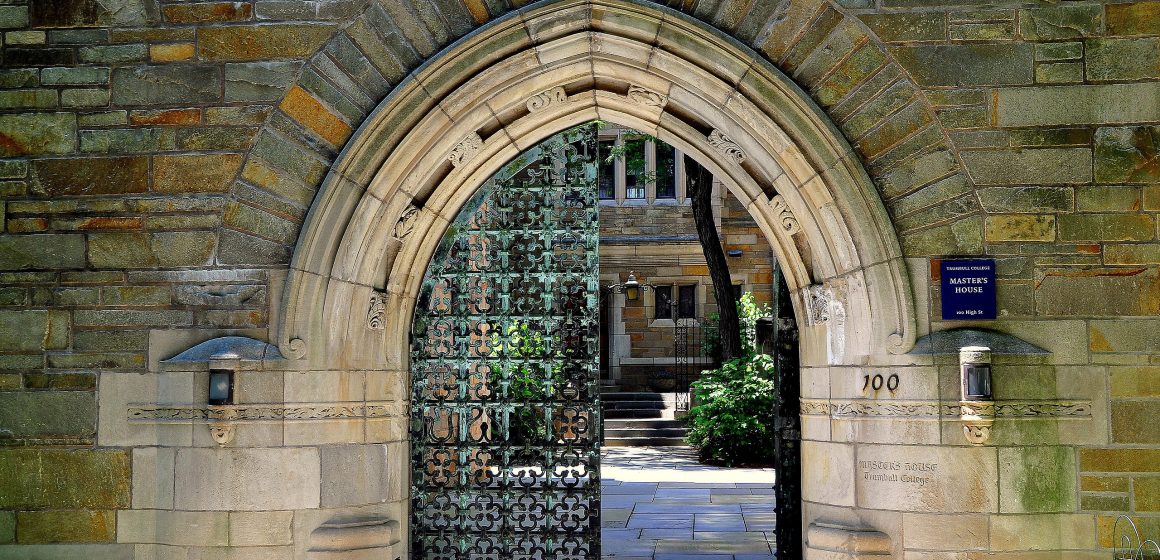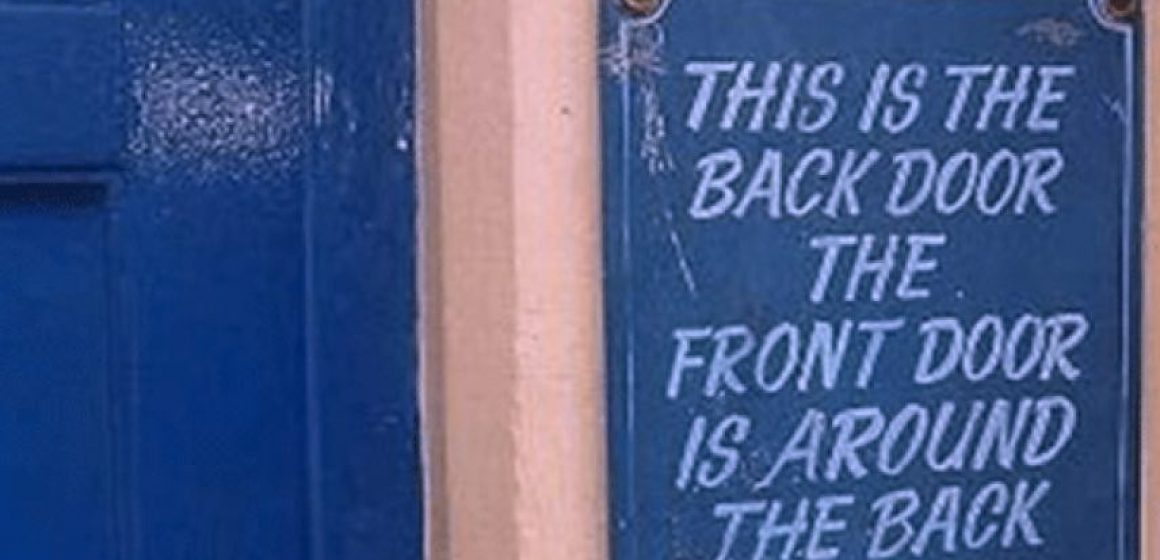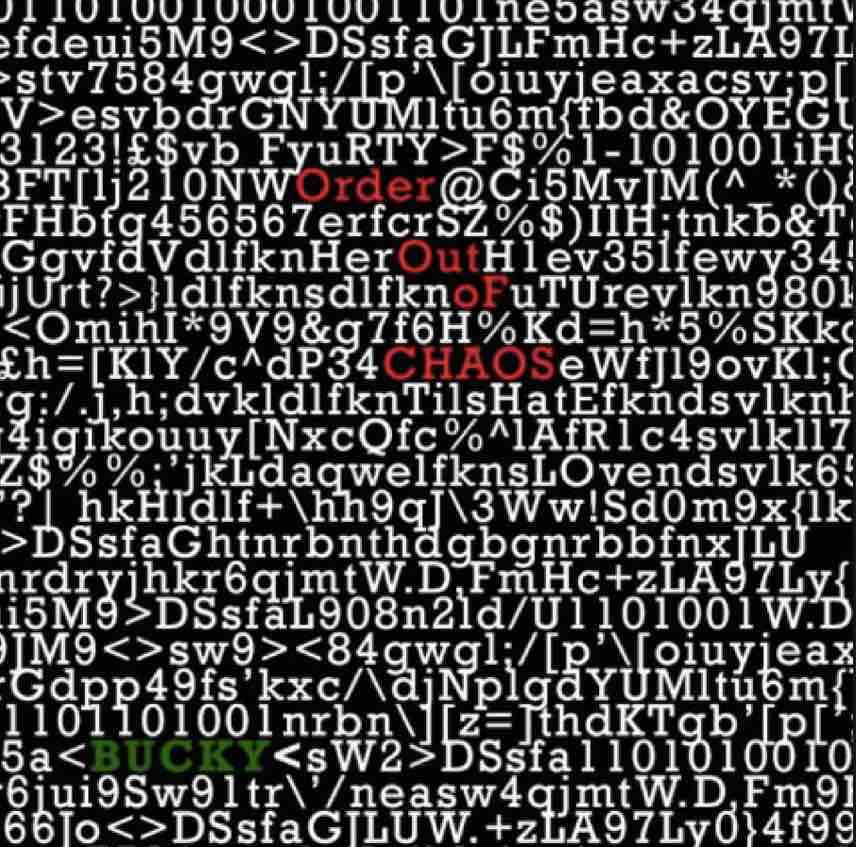The irony of the college essay is that students are asked to write the best essay of their lives in a form they have never learned.
Through others we become ourselves. — Lev S. Vigotsky
It would be naïve to think that one learns to write in a vacuum.
One doesn\’t learn to speak in a vacuum. In fact, one needs to imitate in order to learn. Imitation is the highest form of praise — and one of the greatest and most under-utilized tools for learning.
As a young New York City Poet-in-the Schools, I remember being taught by the great poet Kenneth Koch how to teach students who had never written poetry to write poems.
Koch was well-known for using the beginning of famous poems as starting points for young writers. He would read a poem aloud, say, \”The Red Wheelbarrow\” by William Carlos Williams:
so much depends
upon
a red wheel
barrow
glazed with rain
water
beside the white
chickens
…and then direct an entire class to start the poem with the words \”so much depends upon.\”
Using these exact words, the students wrote their own poems – and they were all completely unique. True, they all started out the same, but where they went was completely different. Here\’s an example using a different prompt. Look how beautiful this poem turned out. In fact, Koch even titled his book after a line written by one of his students:
Dog where did you get that bark?
Dragon where did you get that fire?
Kitten where did you get that meow.
Rose, where did you get that Red?
Bird, where did you get those wings?
What Koch also taught, using \”The Red Wheelbarrow\” specifically, is that in writing, as in life, really so much depends on so little.
The words we use everyday (mostly) were already there when we got here. No one has cornered the market on language.
The irony of the college essay is that students are asked to write the best essay of their lives in a form they have never learned.
Maybe a student has read a few personal essays in their high school career. Maybe Annie Dillard or Richard Rodriquez.
Perhaps they have been asked to write a \”reflection\” on something they have read in class.
But I would put money on the fact that no one has really taught them to write a personal essay. (Actually, although they have been schooled in Five-Paragraph Analytical Essays, they have never really been taught HOW to write those either. No one teaches anyone HOW to do it. They just tell them WHAT their essay is supposed to contain.)
But a Personal essay? Most students have never even seen one, let alone been taught how to write one. To be honest, if students were being taught how to do this, I would be out of a job!
Experience has taught me that most students don\’t even really know what a personal essay is.
So it\’s good to show them.
I have a few favorites that I use to demonstrate the breadth and scope of what\’s possible – both in terms of subject matter and of style.
I am always amazed by my student\’s responses to the model essays I read to them.
\”Wow,\” they often say. \”I didn\’t know you could write about that!\”
Or, \”That\’s pretty wild! Did so and so get in?\”
I like to show them that the field is not only large but infinite so they can play in it and find a path that is truly their own.
The truth is college essays can be about almost anything. A lot can be learned by seeing what others do. Google Best College Essays and you\’ll get a sampling. From there, it\’s amazing the places you can go!
Here\’s a sample sample 😉 Thank you, dear Miranda Dickerman!
Here\’s her Common App. Got her in ED to a great school!
PROMPT: Discuss an accomplishment, event, or realization that sparked a period of personal growth and a new understanding of yourself or others.
“Why do kids come here? There’s nothing to do,” was what a representative from an organization of Jewish camps said visiting Camp Tawonga, where I feel strong and beautiful and whole. It’s in the advertisements, on the website, on my counselors’ lips — kids come to Camp Tawonga because there you are your best self. Although I am always missing the breeze in the redwoods and the traditions that I love, I don’t feel the hole in my heart that I used to when I was away from camp.
It’s sunny June in San Francisco and I’m gardening with seven-year-olds in a vibrant, organic oasis amongst industrial warehouses. I’m at the Southwest Community Center chasing three year old Bismarck who is running and dancing to pop music and yanking me across the cement, eyes fixed on the Caltrain tracks, unwaveringly hopeful for a “choo-choo” to pass by. Behind the glass doors, his mother hugs Judge Kelly because she helped her regain custody now that she is sober and ready to give Bismark the love he deserves. I see the hope in their eyes and my chest warms.
I’m holding my brother’s hand on the bus, I\’m composing a song for my violin. I’m running in the forest, I’m prepping for a debate, I’m laughing with my best friend, puzzled over setting up our tent.
I have learned that being my best self is not dependent on location. I don’t need to be at camp to be my best self because I am my best self when I am open, learning, and I can see the love within other people and feel it in myself. I’m my best self when I feel helpful, grateful, and in the present. I find joy and love in places I never knew I would ever find myself. My best self is ready to fight against the incomprehensible injustices that I see in the world and stand up for what I believe in.
“Oh my gosh!” my dear friend Frances says, her red nails picking away at the netting covering the bush. “There\’s blueberries,” her eyes shining. We pull the light and chalky berries off the bush.I have never seen something so perfect. I’m taken aback that nature has created this. I think of the canyons and forests I have explored and of those that I still haven\’t. The sun is shining onto the bricks of the garden and we talk about “how lucky we are” to have each other and to be girls who are as thrilled as anything to eat one delicious blueberry on a glorious June day.
I close my eyes and envision myself and my friends. We’re living out our childhood fantasy of owning a farm and raising families together. We run a library. A pre-school. A home for refugees. But maybe we\’re cities or worlds apart and only talk over Skype. I’m doing research on genetic diseases or studying upside down catfish and saving habitats. I’m a social worker. A senator. An entrepreneur. There’s an unfathomable number of paths that I may follow, and I am excited rather than scared. I am learning to be a woman who follows her heart and seeks help when she needs it. No matter what path I take, I will find joy in helping others, and I will remember how to find happiness and pride. I will surround myself with people who make me feel lucky.
I can think of at least one moment from any given day that I wish I could fit into this essay. There’s a baby on the corner, and the bus driver smiled today, and we are alive. It is always worth the extra moment it takes to remember that you’re surrounded by beauty. I am infinitely lucky to have a life that has given me the time and space to embark on this journey of self discovery.
Writer, Independent College Counselor and Former Admissions Director, Gabrielle Glancy is a Writing Guru who has taken thousands of students successfully and relatively painlessly through the process of writing the single most important essay of their lives. Gabrielle Glancy is Founder and Director of New Vision Learning, Series Editor of Best College Essays, an avid Blogger and author of a forthcoming book on the subject. To learn more about how to write that all-important College Essay or how to navigate the process, visit her blog at http://www.newvisionlearning.org and join the conversation.

